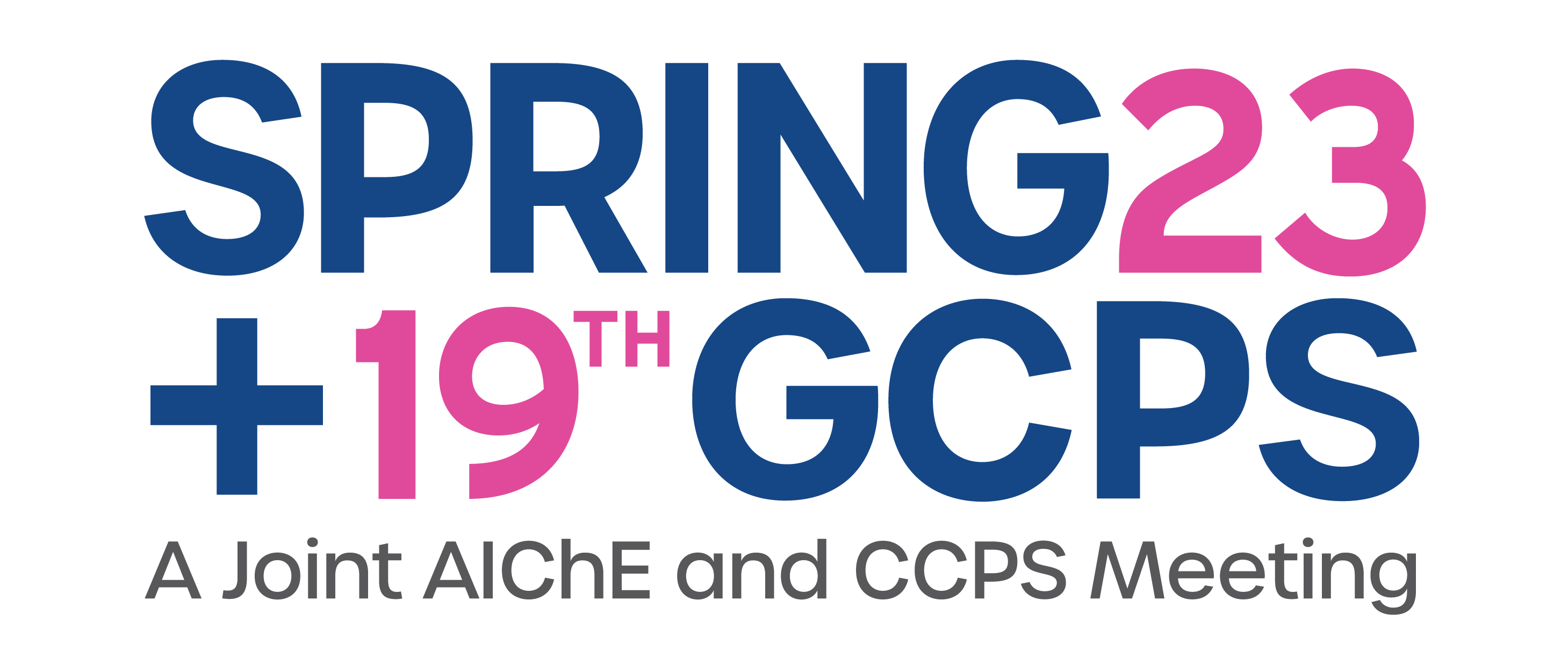

The laboratory data is from the pilot ethylene furnace at GHENT University. Compared to DMDS, SULSAFETM is shown in the lab to potentially improve the yield of ethylene, propylene, and butadiene with a reduction of coke precursors and coke. CO control is improved with less sulfur. Decomposition studies are presented to show that DMDS generates CS2, meaningfully impacting the efficiency of conversion of sulfur to H2S while adding a harmful contaminant to the system. SULSAFETM thermal decomposition data is presented to show that it does not generate CS2.
Dorf Ketal field experiences confirm the lab data, providing valuable benefits in terms of furnace run length, CO control and yields. SULSAFETM offers excellent HSE characteristics and superior performance, contributing to the sustainable goals achievement of the current & future ethylene producers. For new units, this technology can reduce CAPEX for the injection systems as it not flammable and does not require nitrogen blanketing. Odor problems with DMDS are also eliminated.
Presenter(s)
Language
Pricing
Individuals
| AIChE Member Credits | 0.5 |
| AIChE Pro Members | $19.00 |
| Fuels and Petrochemicals Division Members | Free |
| AIChE Graduate Student Members | Free |
| AIChE Undergraduate Student Members | Free |
| AIChE Explorer Members | $29.00 |
| Non-Members | $29.00 |
